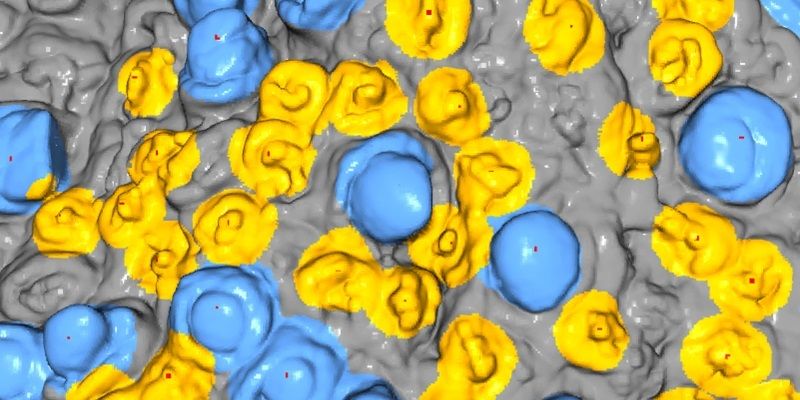New paper published in Scientific Reports on Uniqueness of Tongue Papillae including Machine Learning Approaches - Covered in Guardian and many press outlets

Prof. Sarkar (PI Sarkar Lab) collaborated with Rayna Andreeva (PhD Student, Centre for Doctoral Training UKRI CDT in Biomedical AI) and Dr. Rik Sarkar from The University of Edinburgh on a new paper titled "Machine learning and topological data analysis identify unique features of human papillae in 3D scans" published in Scientific Reports, Volume 13, Article No. 21529 Using a highly novel framework combining geometry, topology and artificial Intellience (AI) on 3D shapes of human tongue papillae based on high resolution 3D scans, collected at University of Leeds funded by European Research Council (ERC), this study demonstrates how tongue papillae are unique to individuals. This study demonstrates that given a papilla, the age group and gender of the participant can be predicted to moderate accuracy, and even the exact individual can be identified, showing the first quantitative evidence for tongue papillae to act as a unique identifier. This work can help understanding food perception in depth, improving mouthfeel of alternative proteins, developing personalized nutrition optimizing mouthfeel tailored to one's papillae requirement. The paper can be found here: https://doi.org/10.1038/s41598-023-46535-9
This work has been covered by various press outlets:
Newroscience News: https://neurosciencenews.com/tongue-ai-neuroscience-25361/
University of Leeds: https://www.leeds.ac.uk/news-health/news/article/5479/ai-study-reveals-individuality-of-tongue-s-surface
University of Edinburgh: https://www.ed.ac.uk/news/2023/ai-study-reveals-individuality-of-tongue-s-surface
